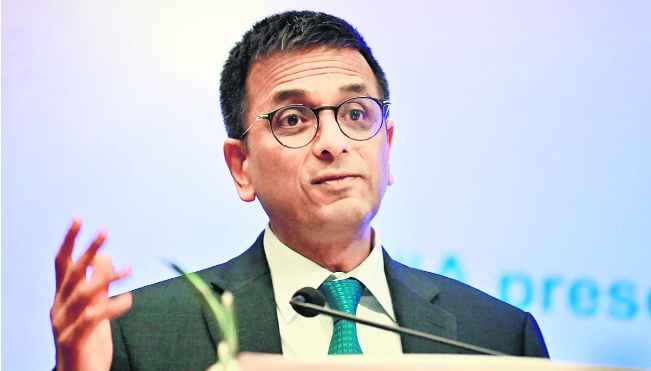In a groundbreaking ruling, Chief Justice of India DY Chandrachud and the Supreme Court have determined that lawmakers in parliament and state legislatures cannot claim immunity from prosecution in bribery cases. This decision overturns a 1998 judgment that had granted immunity to lawmakers who accepted bribes for speeches or votes within the House.
The court clarified that parliamentary privileges do not protect bribery, and the interpretation of the 1998 verdict is at odds with Articles 105 and 194 of the Constitution. These articles provide legal immunity to elected representatives to enable them to carry out their duties without the fear of prosecution.
“We disagree with the judgment in PV Narasimha (case). The judgment in PV Narasimha, which grants immunity to legislators for alleged bribery for casting a vote or speech, has wide ramifications and is overruled,” affirmed the Chief Justice of India.
The PV Narasimha Rao case stemmed from a no-confidence motion against his government in July 1993. Despite the survival of the minority government, subsequent revelations exposed allegations that Jharkhand Mukti Morcha legislators had accepted bribes to support the PV Narasimha Rao government. In 1998, the Supreme Court had concluded that lawmakers’ immunity extended to their votes and speeches within the House.
The recent ruling underscored that a claim for immunity in such situations does not meet the necessary conditions for discharging legislative functions. The court highlighted that corruption and bribery by legislators pose a threat to the functioning of Indian parliamentary democracy.
The bench also noted that a legislator accepting a bribe to vote in Rajya Sabha elections is liable under the Prevention of Corruption Act. The Chief Justice pointed out the paradox resulting from the PV Narasimha judgment, where a legislator who accepts a bribe and votes accordingly is protected, while one who votes independently despite taking a bribe is subject to prosecution.























